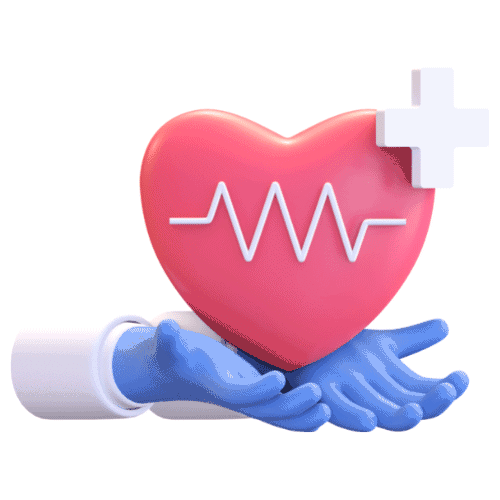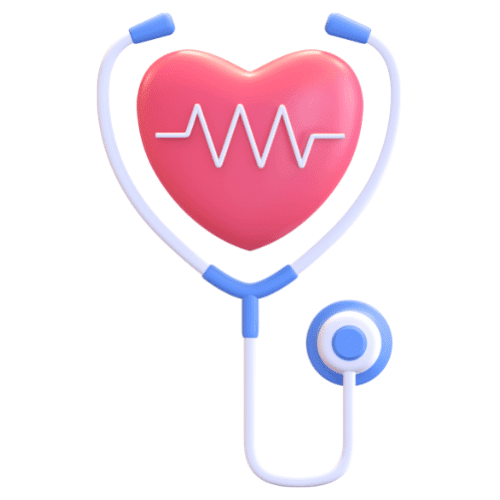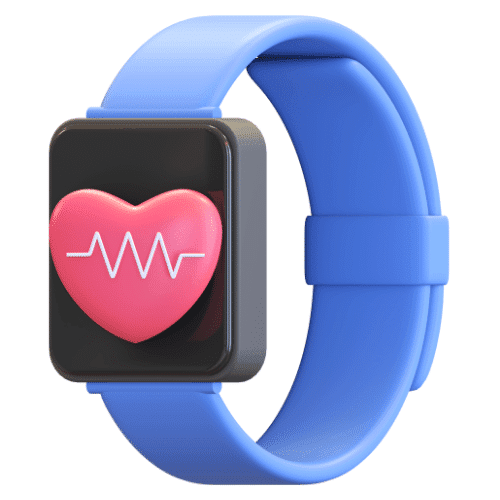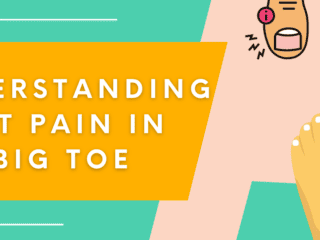A person’s resting heart rate (RHR) is the average number of heartbeats per minute (bpm) when a body is in a complete state of rest. Figuring out the normal resting heart rate for women can vary as they age, and it’s important to keep track of it.
Why Does a Normal Resting Heart Rate Matter?

Knowing what your normal heart rate is healthy and normal for every age in your life is important. According to experts, your heart rate, or pulse, can be useful for tracking your fitness level and overall health and guide you in detecting any health conditions that need immediate care, like heart problems and high cholesterol levels.
Sports medicine expert Dr. Edward Lasowski says that adults’ normal resting heart rate ranges from 60 to 100 beats per minute (bpm), but a lower heart rate at rest generally implies more efficient heart function and better cardiovascular fitness. It’s also a sign of a strong heart muscle that can pump out more blood with every beat and not have to beat as often.
Risk Factors That Affect Resting Heart Rates

However, heart rates consistently above 100 per minute, even when the person is resting, can be attributed to a condition called tachycardia. It could also mean that the heart muscle is weakened by a virus or another problem that forces it to beat more often to pump enough blood to the rest of the body.
A person’s normal resting heart rate tends to change as they age, especially the normal bpm for women, which is 2-7 BPM faster than men’s on average. The RHR for women is slightly different compared to men since the size of women’s hearts is smaller than men’s, affecting heart rate. Each heartbeat produces less blood flow, so they need to pump faster to achieve the same output.
Pregnant women’s resting heart rates rise roughly from 10-20 bpm on average since carrying an unborn baby inside adds stress throughout the body, including the cardiovascular and circulatory systems.
Others point out that it could also be a warning sign of a cardiovascular change, like higher blood pressure or early heart disease. A resting heart rate may also spike upward due to a negative reaction to medications, elevated thyroid hormone levels, anemia, or infections.
Depression and anxiety can raise your heart rate over time and are associated with a higher risk of heart disease. A 2019 German study found that those with depression had a higher baseline heart rate and a lower heart rate variation and that a heart rate of roughly 10 to 15 beats per minute was higher than in controls. Panic attacks can also cause heart rates to spike and may even feel like a heart attack.
Other factors like high body mass index (BMI), excessive drinking of caffeine or alcohol, smoking, constant sleep deprivation, and frequent exposure to high temperatures can increase RHRs. When left untreated, one study indicated that an elevated RHR could likely increase mortality risk in the long term.
Normal Heart Rates For Women By Age
Dr. Ronesh Sinha recommends keeping track of one’s resting heart rate to understand overall health. The chart below shows normal resting heart rate ranges by age based on data from the US Department of Health and Human Services.
| AGE | ATHLETE | VERY GOOD | ABOVE AVERAGE | AVERAGE | BELOW AVERAGE | POOR |
|---|---|---|---|---|---|---|
| 20-39 | 52-59 | 60-65 | 66-73 | 74-81 | 82-88 | 89-98 |
| 40-59 | 51-58 | 59-63 | 64-70 | 71-78 | 79-85 | 86-96 |
| 60-79 | 52-58 | 59-63 | 64-69 | 70-77 | 78-85 | 86-95 |
As mentioned earlier, on average, women’s heart rates are about 2-7 BPM faster than men’s.
Ages 20-39
Women within this age bracket generally have a slightly higher pulse rate than those older. An average healthy 20-year-old woman, for example, has a standard RHR of 74-81 BPM.
Ages 40-59
The RHR for adult women in this age group starts to transition gradually to a lower estimate. According to data from Fitbit, women ages 40-49 tend to have the highest average RHR of all users at 67.4 BPM
Ages 60-79
Women aged 60 and older usually have an average RHR between 70-77 bpm. According to cardiologist Dr. José Báez Escudero, the normal rhythm tends to slow down as people get older as a result of the occasional normal wear and tear on the heart’s electrical system. It’s also in this stage that having a lower heart rate indicates a better state of fitness and a lowered risk of cardiac events, such as heart attacks, which people in this age group are at higher risk.
Suppose your resting heart rate is consistently above 80 beats per minute. In that case, you might want to talk to your doctor about your heart rate to help prevent the risk of health problems like cardiovascular disease.
How To Check Your Resting Heart Rate

Checking your resting heart rate is fairly easy. Regularly taking your pulse helps you understand what’s normal for you and identify unusual changes in rate or regularity that may need medical attention.
The wrist is the most convenient and reliable place to get a good pulse, but you may be able to feel your blood pumping in several places like the neck, the inside of your elbow, and even the top of your foot.
Gently press one hand’s index and middle fingers on the opposite wrist, just below the base of the thumb, and feel around lightly until you detect throbbing. Count the number of beats in 15 seconds, and multiply by them four to determine your heart rate.
If you check at the neck, lightly press the side of the neck, just below your jawbone. Do the same computing method as the wrist to get an accurate heart rate.
The best time to get your resting heart rate is upon waking up in the morning, even before you get out of bed. You can also take your pulse immediately after heavy exercise/workout routines to gauge your maximum heart rate.
How To Lower Your Resting Heart Rate
Lowering your resting heart rate is possible and can be done by changing some lifestyle habits.
- Exercising – A meta-analysis published in the Journal of Clinical Medicine found that regular exercise could consistently lower resting heart rate. It can strengthen the heart muscle, allow it to pump more blood with each heartbeat, and let more oxygen go to the muscles. Activities like brisk walking, swimming, cycling, rowing, and yoga can effectively lower RHRs.
- Reducing stress – Stress can cause hormones like adrenaline and cortisol to run through your blood, raising your heart rate. Relaxing activities like meditation, listening to calming music, getting a massage, and other stress-relieving routines can lower the resting heart rate over time.
- Eat a nutritious diet – Scrap the sugary and salty foods for a while and opt for heart-smart foods like leafy greens, citrus fruits, whole grains, nuts, fish, and tea, which are replete with nutrients like vitamins A & C, polyphenols, and omega-3 fatty acids which all contribute to better heart health.
- Get enough sleep – Sleep medicine expert Dr. Lawrence Epstein says that as one sleeps, their body processes slow down, the muscles relax, and the heart rate slows down normally to 40 to 60 beats a minute. Lack of proper sleep can stress the body, especially the heart, even more so if it gets disrupted.
- Maintain a healthy weight – Being overweight can cause your heart to work harder and speed up to adequately supply blood to your body, so dropping a few pounds can help reduce your heart rate and experience less stress.
- Seek counseling/therapy services – The stress of daily living, especially if you have mental health problems, can take a toll on the body. Seeking therapy/counseling can help ease your mood and work through problems with a positive and holistic approach.
Takeaway
Having optimal heart health is vital to overall good health, and a lower resting heart rate is a good sign that you’re on the right track to fitness. But while it may change as you age, you can still maintain a healthy RHR with simple habits like exercising, eating a healthy diet, sleeping well, and relaxing.
If you notice your heart rate spiking consistently above normal, consult your doctor immediately to get proper treatment and to prevent further health problems.
Disclaimer: this article does not constitute or replace medical advice. If you have an emergency or a serious medical question, please contact a medical professional or call 911 immediately. To see our full medical disclaimer, visit our Terms of Use page.








